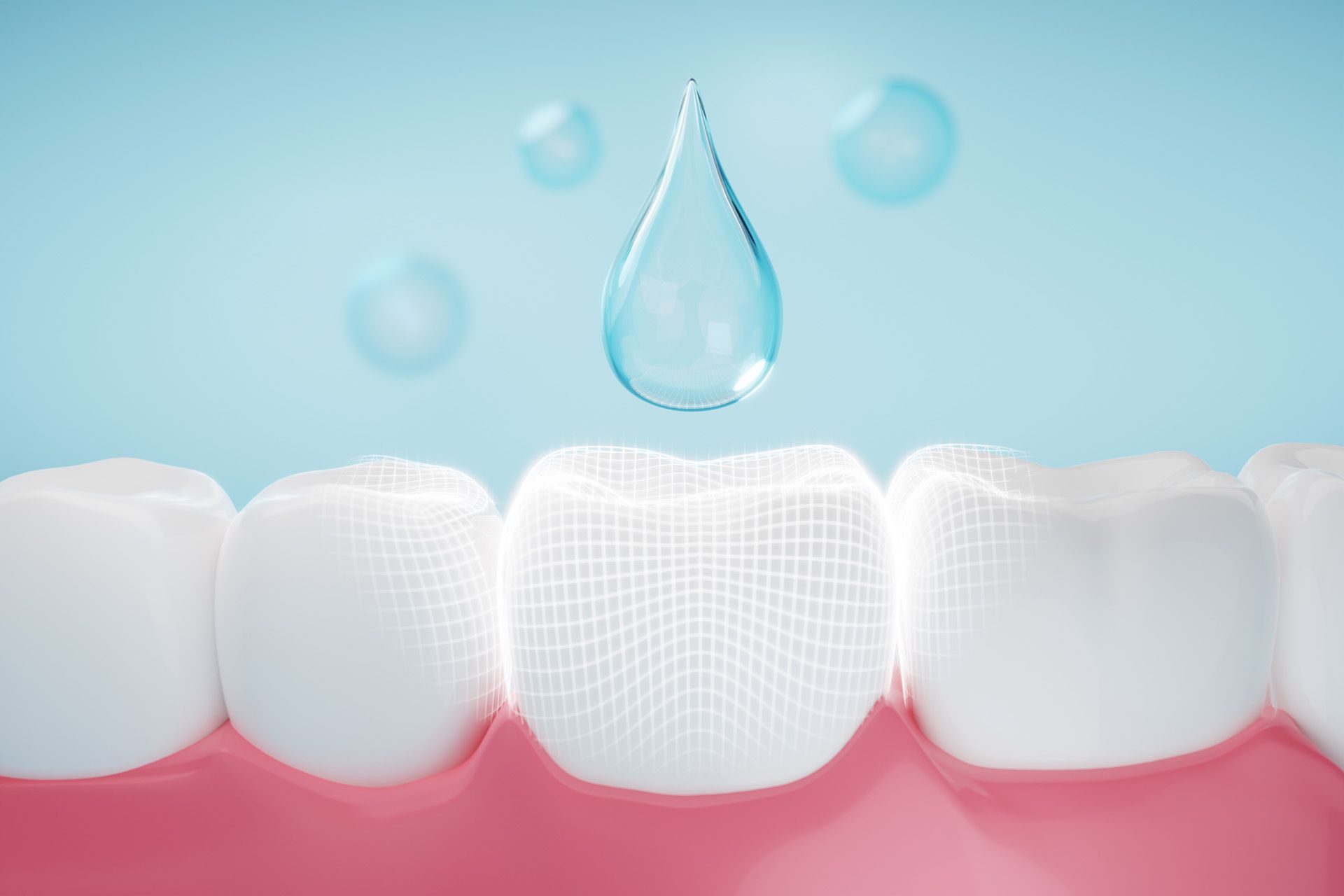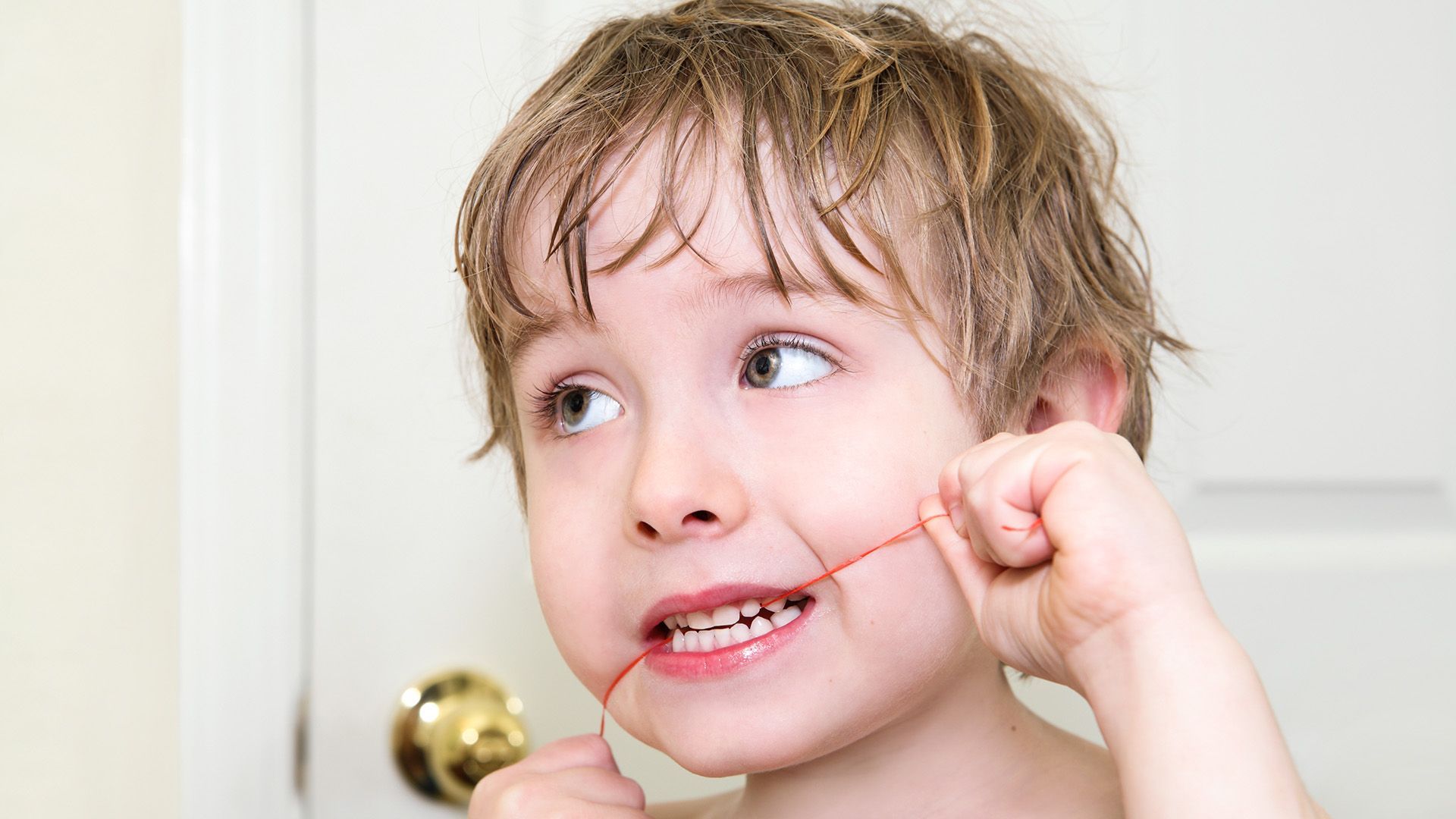Blog Layout
How to Help Your Child Through Their First Cavity
Dr. Alma • July 1, 2021

Taking care of your family's dentistry needs is the number one way to make sure that no unexpected dental problems come up. A household of cavity-free teeth starts with regular checkups and brushing twice a day.
Teaching children from an early age to brush their teeth for a full two minutes will go a long way to ensuring their teeth and gums are healthy and strong. But what do you do when a child gets a cavity?
Can Children Have Tooth Decay?
Just because their first teeth are temporary doesn't mean that they can't get tooth decay. Milk teeth, or first teeth, are smaller versions of the ones that follow. They're made of the same thing, but with much thinner enamel. This means they're actually more susceptible to decay, but most won't ever see this since these teeth normally fall out around age 6.
Can All Children Have Tooth Decay?
Yes, all children can have tooth decay. Those more likely to have tooth decay are children whose diets contain high levels of sugar and starch, and those who don't practice good oral hygiene. There are also rare cases where children do not produce enough saliva, which can make them more susceptible to cavities. If you think this may be a problem, you should contact your pediatric dentist in Apopka.
What Are The Signs Of Tooth Decay?
White spots can appear on the surface of the teeth. This is where the enamel is beginning to thin. Once the enamel is worn through, a light brown spot will appear. If left to decay further, the light brown spot will increase in size and also turn from light to dark brown or black.
Other signs may include sensitivity to certain things, such as hot and cold drinks or foods. They may also become sensitive to certain types of food, such as sugary sweets. Pain can also develop around the tooth that is affected.
Diagnosing Tooth Decay
A pediatric dentist will easily be able to diagnose tooth decay from the child's records with an oral examination and an x-ray.
What Do I Do If My Child Has A Cavity?
The important thing is to keep children's teeth clean and prevent further decay. Ensure they are brushing properly, twice a day. Limit the amount of sugar and starchy foods they have and book an appointment with a dentist to have the cavity filled. If there is any pain, use a mild pain relief medicine for children.
While cavities may not be fun for children, they can be easily fixed with a visit to your pediatric dentist. Don't delay, since the cavity could get bigger and more painful with time.
We believe in the importance of prevention of dental issues at an early age, which helps children have a healthy smile.
USEFUL LINKS
CONTACT US
CURRENT PATIENTS OR PROVIDERS









